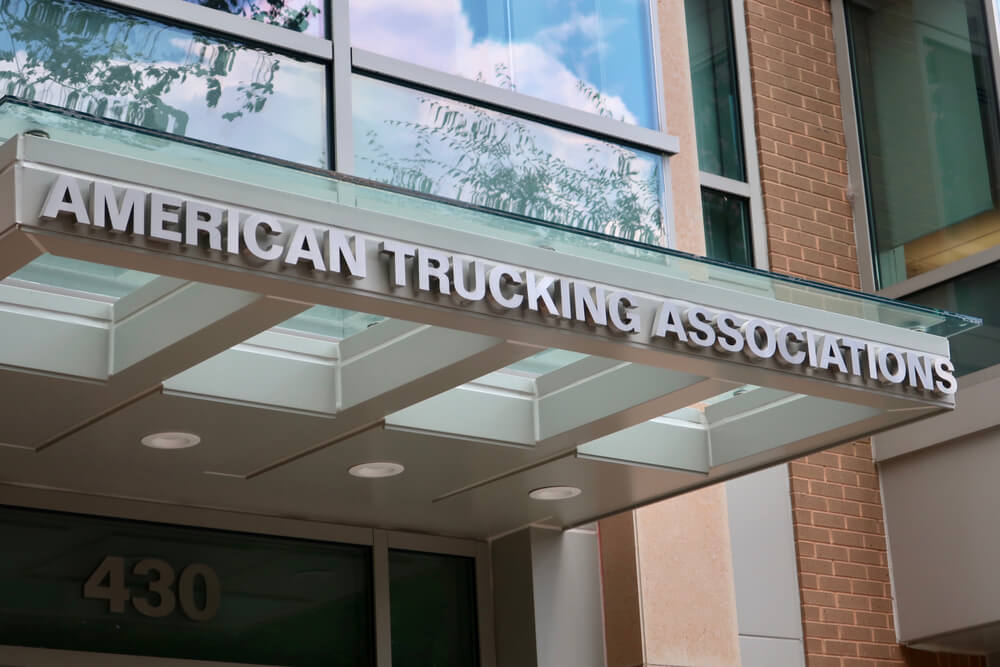
Trucking’s workforce of 7.65 million is the economy’s heartbeat, holding the supply chain together. ATA President and CEO Chris Spear delivered a message to lawmakers at a House Education and Workforce Committee hearing: pursue policies that strengthen the essential workforce, and stop policies that threaten to undercut it.
Here are four takeaways for Congress:
Protect independent contractor choice. For 90 years, the U.S. economy and supply chain has benefited from individuals running their trucking businesses. Over 90% of motor carriers operate six trucks or fewer, many of whom began as independent contractors and choose to stay that way for various reasons, forming a vital link in the supply chain. However, officials at the state and federal levels are trying to rob ICs of that choice, such as California’s AB5 law and the PRO Act, legislation introduced in Congress. The proposed rulemaking at the U.S. Department of Labor would have similar effects, forcing small-business owners to become company drivers. Should lawmakers continue down this path, they will own the economic and political consequences.
Reform federal workforce programs to reflect today’s realities: The trucking industry is currently short 78,000 drivers and 41,000 technicians and will be tasked with moving 2.4 billion more tons of freight over the next decade. Drivers earn nearly $70,000 in salary plus full benefits without a college degree. Pay has risen more than 19% over the last five years, but pay raises alone cannot solve the driver shortage. Congress should acknowledge reality and define trucking industry jobs as essential, skilled, and in-demand when reauthorizing the Workplace Investment and Opportunity Act.
Invest in the next generation of trucking: the industry needs ~1.2 million new drivers over the next decade to keep pace with retirements and growing freight demand. Congress should explore initiatives such as the DRIVE-Safe Act, which would remove the federal ban on interstate commerce for 18-20-year-old drivers and raise safety and training standards far above today’s bar. Forty-nine states plus the District of Columbia permit this population to operate Class 8 commercial vehicles within their state, but federal rules prevent them from crossing state lines.
ATA successfully challenged the Biden Admin’s COVID-19 vaccine mandate before the U.S. Supreme Court, which struck down the employer-vax requirement in a 6-3 decision. However, the cross-border vaccine mandate on drivers entering the U.S. from Canada still impacts our industry and supply chain, as trucking moves more than 73% of all U.S.-Mexico-Canada surface trade. Unnecessary policies like this strain our workforce and its ability to service the economy’s freight, so balance the supply chain, trade, and public health with common sense.
Sources:
https://www.trucking.org/news-insights/ways-congress-can-strengthen-trucking-workforce











Leave a Comment